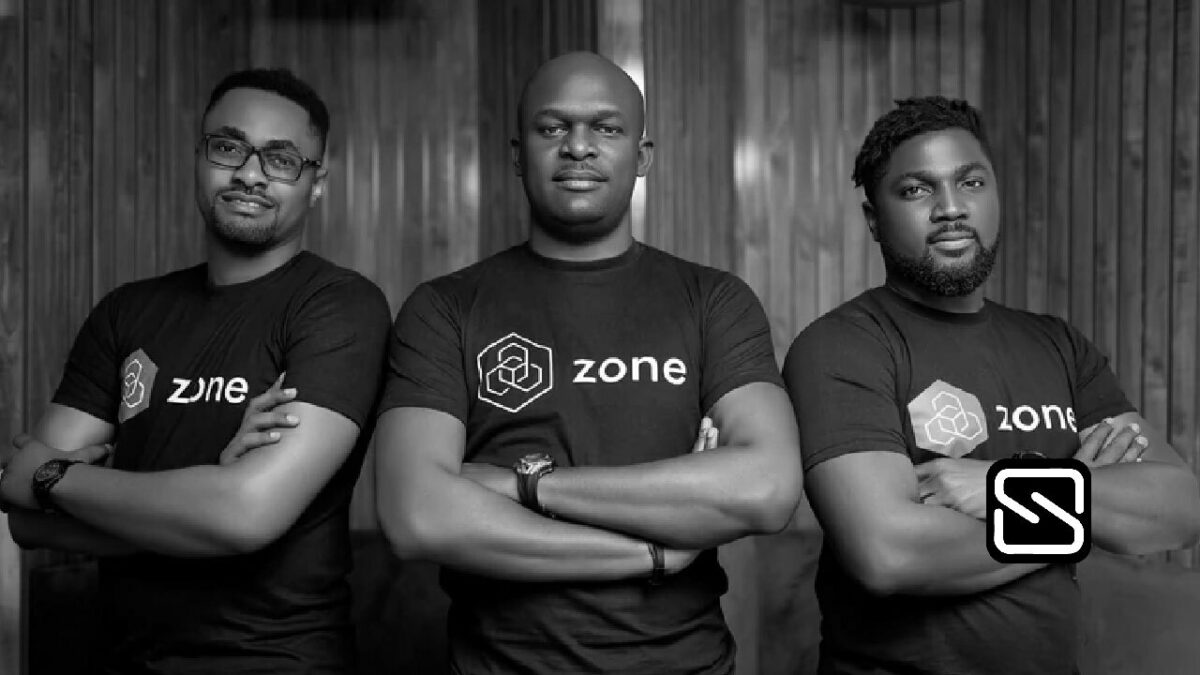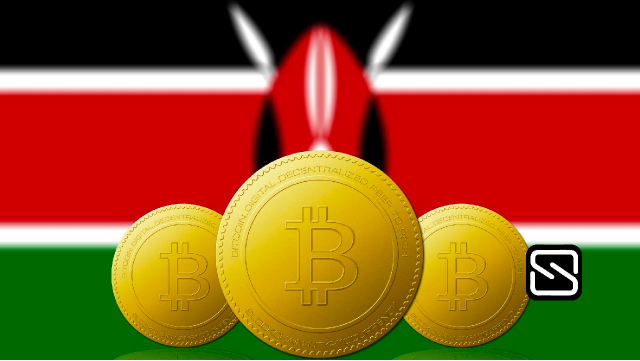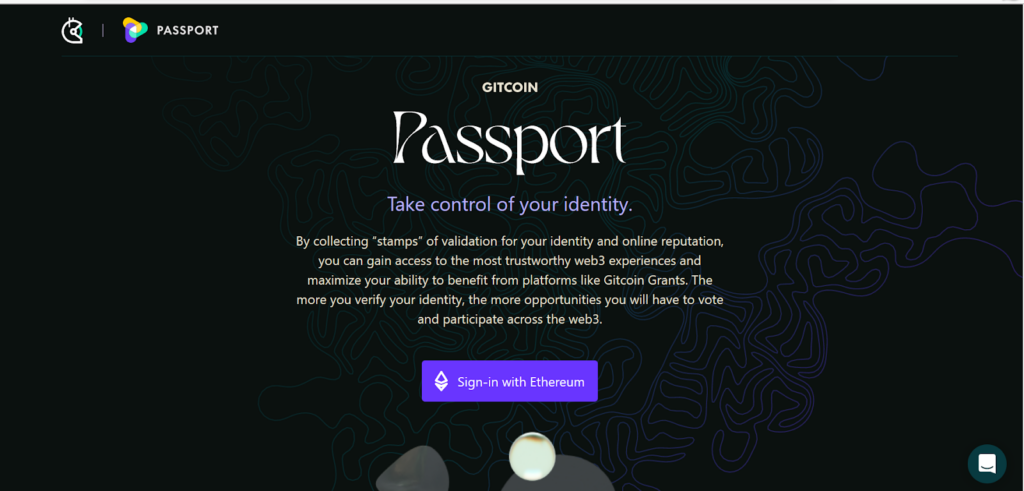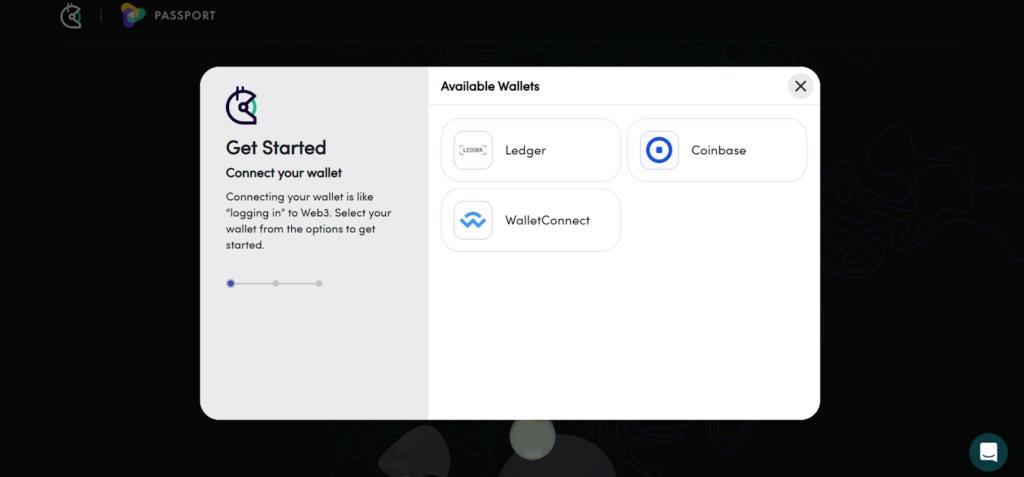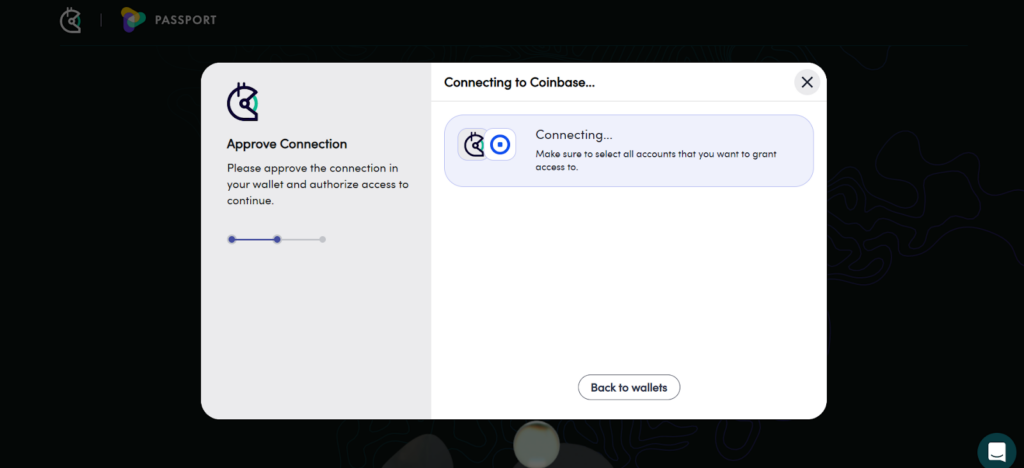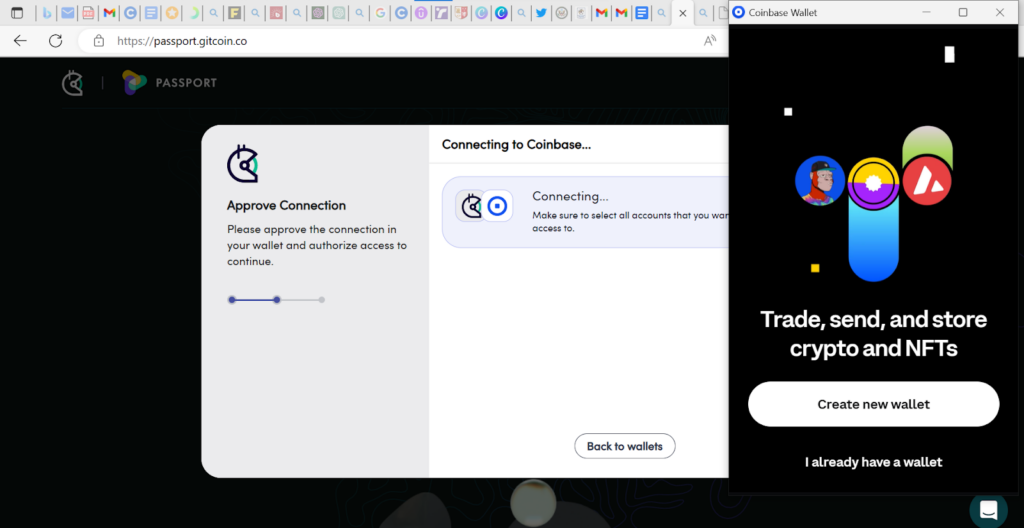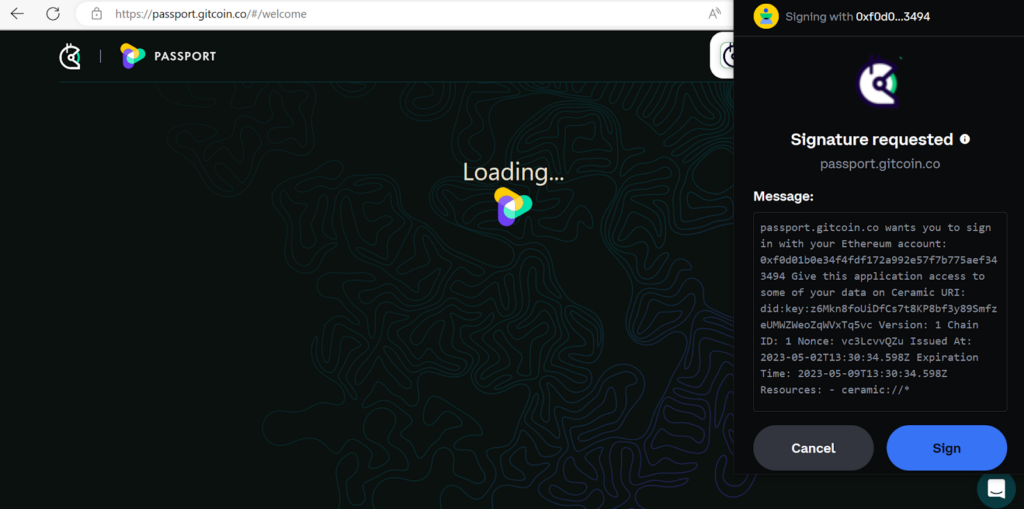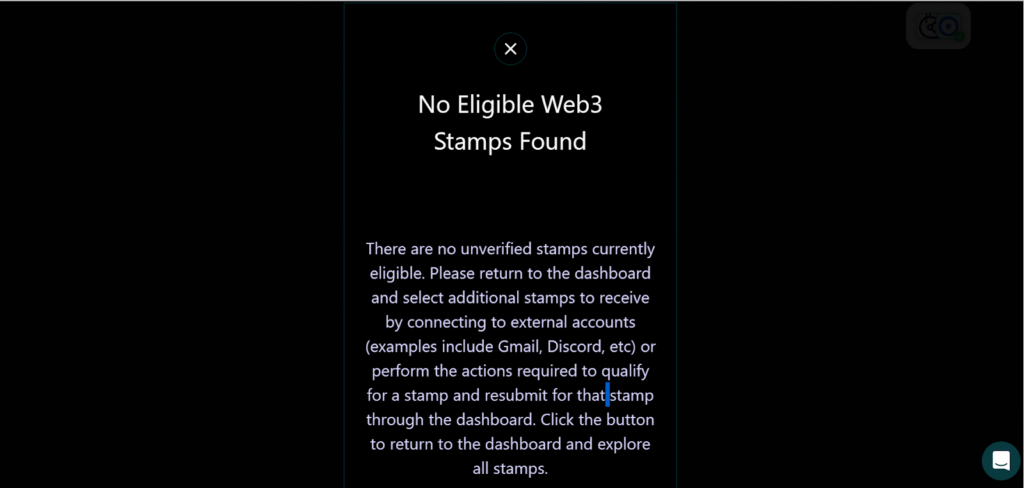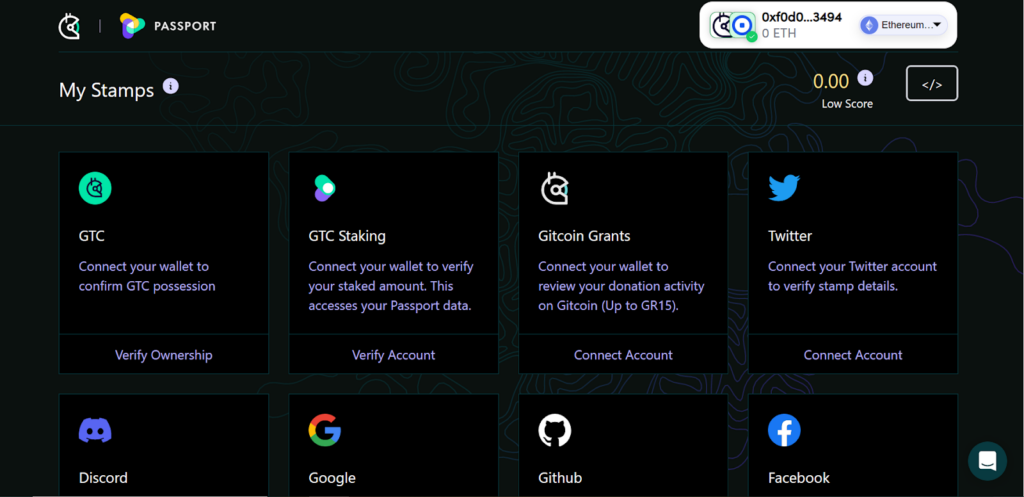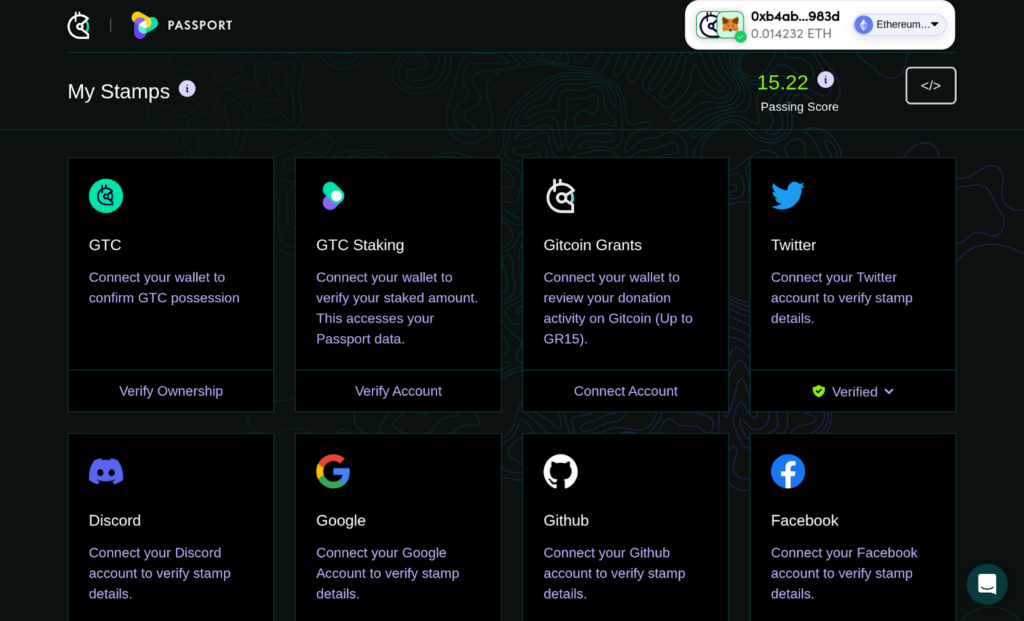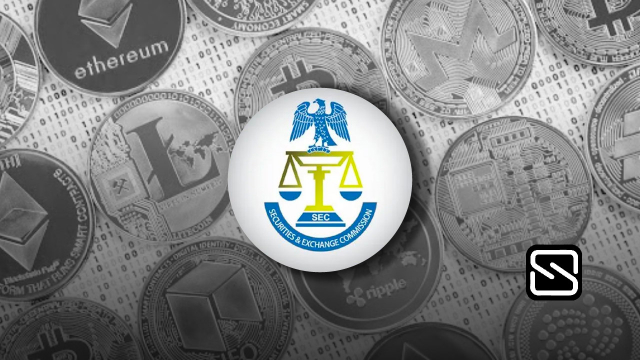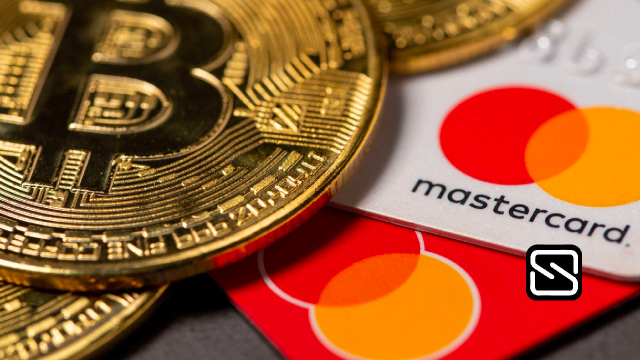The highly anticipated Sui mainnet is scheduled to go live today at 8 a.m. ET. (12pm UTC)
The protocol makes use of a modified version of the Move programming language, which was first developed at Meta-formerly Facebook before it chose to wind down the Diem project. It is also a layer 1 designated Proof-of-Stake (dPoS) blockchain.
Sui’s move has been highly touted for its speed and transaction. The platform’s native asset, the SUI token, has been in the midst of an initial coin offering, or ICO, since April 20, however, that will end today when the mainnet goes live.
The SUI token also focuses on instant transaction finality, and reducing latency in the deployment of smart contracts.
Furthermore, the token uses the capitalized version of SUI to distinguish the token from the Sui platform.
According to Sui, the total supply of SUI is capped at 10,000,000,000 (i.e. ten billion tokens). A share of SUI’s total supply will be liquid at Mainnet launch, with the remaining tokens vesting over the coming years or distributed as future stake reward subsidies.
The layer 1 blockchain platform also notes on its site that the SUI token serves four purposes on the Sui platform namely;
- Users can stake SUI to participate in the proof-of-stake mechanism.
2. SUI is the asset denomination needed for paying the gas fees required to execute and store transactions or other operations on the Sui platform.
3. SUI can be used as a versatile and liquid asset for various applications including the standard features of money – a unit of account, a medium of exchange, or a store of value – and more complex functionality enabled by smart contracts, interoperability, and composability across the Sui ecosystem.
4. SUI token plays an important role in governance by acting as a right to participate in on-chain voting on issues such as protocol upgrades.
Investors have been purchasing IOU versions of the token, albeit from four smaller exchanges: BitForex, DigiFinex, HotBit, and SuperEx.
Sui is built by Mysten Labs, one of the two spinoffs that came from Meta’s Diem project, the second being none other than the so-called Solana Killer, Aptos Labs which launched its mainnet in October. Leading up to its launch, Sui has raised enormous amounts of money. By September last year, Mysten Labs had closed a $300 million Series B round and reached a $2 billion valuation, according to CrunchBase.
The team behind Sui also mentioned it wants the network to become the premier NFT and gaming platform for the cryptocurrency industry, by virtue of its Move programming language, which developers have said is a more intuitive way to write smart contracts.
Although Move was not initially designed with NFTs in mind, Sui Move is looking to change that by implementing certain NFT-specific functions. Unlike other popular language, like Rust which is used by Solana and focuses on accounts. Sui is centered around objects which have made it possible for objects on Sui to be owned by a single user or shared, which can then be modified by users as long as they follow certain smart contract functionalities.
After the token launches, it will be listed on OKX, Kucoin, Bybit, and Binance.

